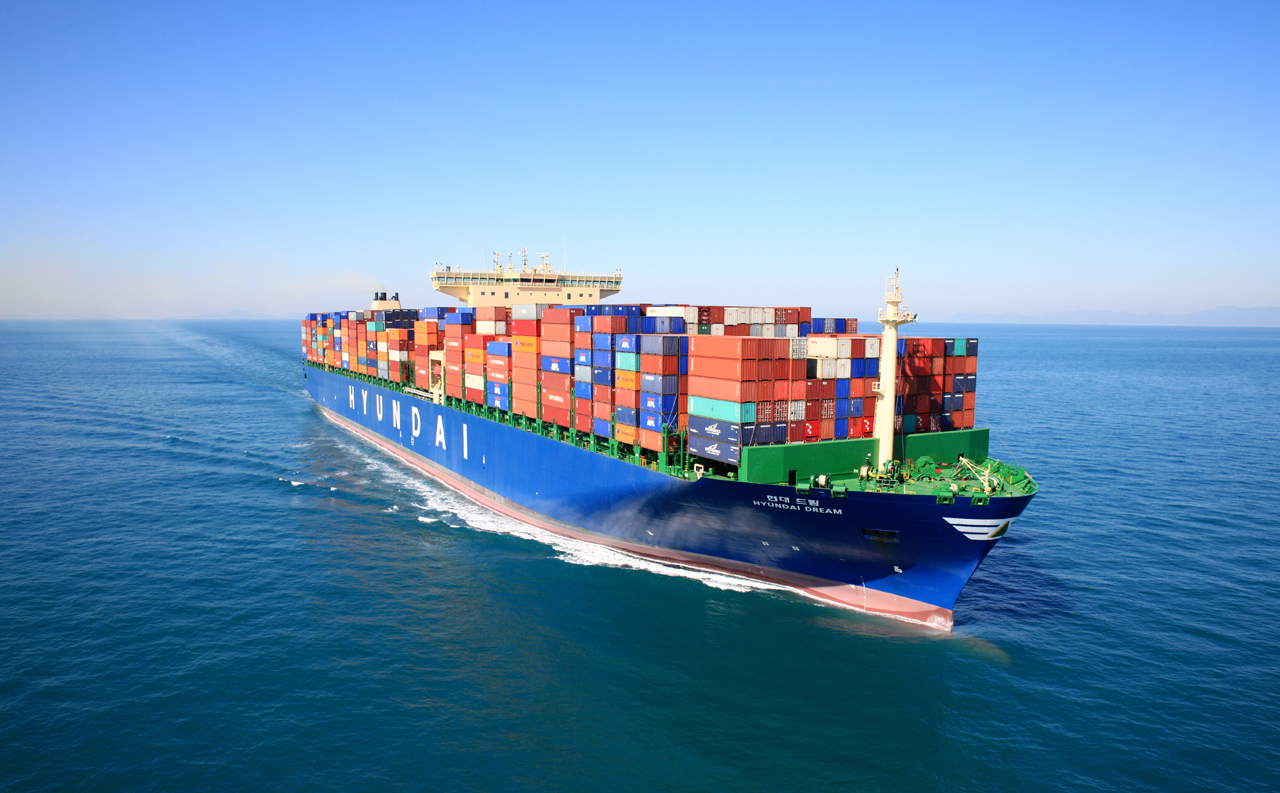[67th Anniversary Special] Reshaping Korean economy in post-virus era
Experts say ‘untact,’ ‘Korean New Deal’ to drive post-pandemic economy, but question effectiveness of state policy to bring change
By Jung Min-kyungPublished : Aug. 16, 2020 - 16:00

South Korea’s early response to the current pandemic crisis effectively contained its spread, minimizing economic damages in the first half, offering a rosy outlook.
On Tuesday, the Organization for Economic Cooperation and Development lifted the country’s growth forecast this year to minus 0.8 percent from the previous minus 1.2 percent, propelling the country to No. 1 in terms of slowdown among member states.
Highlighting the resilience of the Asia’s fourth-largest economy, the Moon Jae-in administration now wants to take its confidence to push for a complete transition to a digitalized economy. By putting the concept of “untact” -- non-face-to-face contact -- at the core of its policy drive, the liberal-leaning government plans to inject 160 trillion won ($113 billion) to nurture green and digital industries while gradually reducing the nation’s heavy reliance on manufacturing and exports.
The “Korean New Deal,” the largest-ever stimulus package, according to Moon, is the new driving force of the economy.
“Korea’s response in handling the virus has been stellar,” Waqas Adenwala at the Economist Intelligence Unit told The Korea Herald in an email interview.
The package will help boost the economy and productivity in the long term and promote a shift toward sustainability … (and) one of the key benefits for Korea will be its first mover advantage in establishing an untact economy as more countries mull establishing a contactless economy following the spread of the pandemic,” the lead analyst for Japan and the Korean Peninsula at the EIU added.
Untact is the buzzword for the Digital New Deal program -- one of the two pillars of the New Deal package -- designed to spend 58.2 trillion won by 2025 to digitalize social infrastructure as well as increase state investments in advanced untact technologies such as drones or robots.
The nation’s prowess in information technology is the key to stay ahead of its rivals in a technology-powered contactless future. Considered as the most wired country in the world, Korea’s internet penetration rate surpassed 96 percent as of this year, according to industry data.
Based on its extensive IT infrastructure, Korea has been promoting contactless services that minimize face-to-face encounters through advancement in technology.
But some experts worry there may be some chinks in the armor. Regulatory hurdles need to be cleared for Korea’s untact dream to be truly manifested, they say.
“Korea is an IT powerhouse, known for having one of the fastest internet network and broadband services, which are necessary for untact social and economic activities,” said Kang Sung-jin, a professor of economics at Korea University.
“Despite strong IT expertise, the country is faced with regulatory issues that hamper the launch of innovative contactless services in various industry sectors.”
For example, although the government has eased regulations on the collection and use of anonymous consumer financial data, pivotal to boosting digital marketing and data-driven untact services, some provisions impose strict conditions on the local companies. This forces them to consider relocating operations overseas, according to Kang.
“Along with cutting-edge technologies which function as the hardware of untact services, the government should lift unnecessary regulations that stifle innovation in order to ramp up research and development of software programs running digital platforms for various businesses,” Lee Jung-min, a professor of Economics at Seoul National University said.
Another obstacle could be the public’s reluctance in accepting the untact scenario, Chang Min, senior research fellow at the Korea Institute of Finance said.
“The number of self-employed here is relatively high and the majority of vulnerable social groups work in the services sector, which requires face-to-face interactions. They would feel beleaguered as the local economy is reshaped around the untact concept,” he said.
Korea ranked seventh among 37 major economies in terms of size of the self-employed with the group accounting for 25.1 percent of the country’s workforce as of 2018, OECD data showed.
Above all, it lacks fresh ideas, Kang at Korea University said.
“The Korean New Deal is just a regrouping and renaming of existing policy measures including the Green Growth initiative and developmental plans discussed for the ‘fourth industrial revolution,’” he said, referring to initiative centered around the Four River Restoration Project driven by former President Lee Myung-bak.
“It is not a policy to counter coronavirus because nothing new was drawn for the virus.”
Bitter reality
Despite its dream of becoming an IT-driven economy, experts also noted that Korea still is and will be an export-reliant nation for a very long time, which means it is tied to the performance of other economies.

The nation’s exports have been shrinking amid the pandemic, with outbound shipments dropping 23.6 percent to $8.7 billion in the first 10 days of August on-year, Korea Customs Service data showed.
“So the second half of the economy should be a recovery period, although much depends on demand for exports resuming from China, the US and elsewhere,” Steven Cochrane, chief APAC economist at Moody’s Analytics said.
According to the expert, a strong bounce-back is expected in the current quarter -- an annualized on-quarter growth rate of over 9 percent -- followed by a fourth quarter annualized growth rate of 4.6 percent.
But overall, for the year, 2020 real gross domestic product growth will decline by 1 percent, followed by 4.6 percent in 2021.
And would a New Deal change Korea’s export-reliant model?
“There is increased interest among investors to find firms and industries that rank highly for their focus on the environment. So Korea could see an inflow of foreign direct investment that helps to support the transformation of energy production, support firms that use alternative power sources, and drive the IT industries involved in this transformation,” Cochrane said.
“But in the near term, exports will remain a critical component of Korea’s economic recovery.”
The package is expected to boost the economy, in a nutshell, but it needs time, Adenwala added.
“The package will help boost the economy and productivity in the long term and promote a shift towards sustainability. However, its impact will be minimal in the short term as manufacturers and services providers will need time to adapt their operations to the new infrastructure. In addition, moving away from an export-reliant model will also take time,” the Singapore-based expert said.
Hope for vaccine
While many are anticipating vaccine development to work as a milestone in economic recovery, there is more than what meets the eye.
“While developing the vaccine is a crucial step before any sustained recovery, it will not lead to an immediate rebound as it will take time before the vaccine is commercially available globally at a mass scale,” said Adenwala.
“Until then, people will still remain cautious, not just in Korea, but across the world to maintain some degree of safe distancing. In addition, some industries will still take longer to recover such as travel and tourism.”
Meanwhile, concerns have been raised that prolonged lockdown measures would inaugurate an era of deglobalization fueled by an escalating trade feud between Washington and Beijing, taking a toll on the local economy in the post-pandemic era.
Shedding light on the weakening global supply-chain and widespread protectionism triggered by the pandemic, Chang called for the government to diversify its export destinations, to ASEAN and India.
“The coronavirus pandemic has posed threats to the global supply chain, while accelerating trade protectionism and this would take a toll on the export-driven Korean economy in the long term. In the midst of growing tensions between the US and China, the country should have a neutral position instead of taking sides.”
(mkjung@heraldcorp.com) (cjh@heraldcorp.com)



















